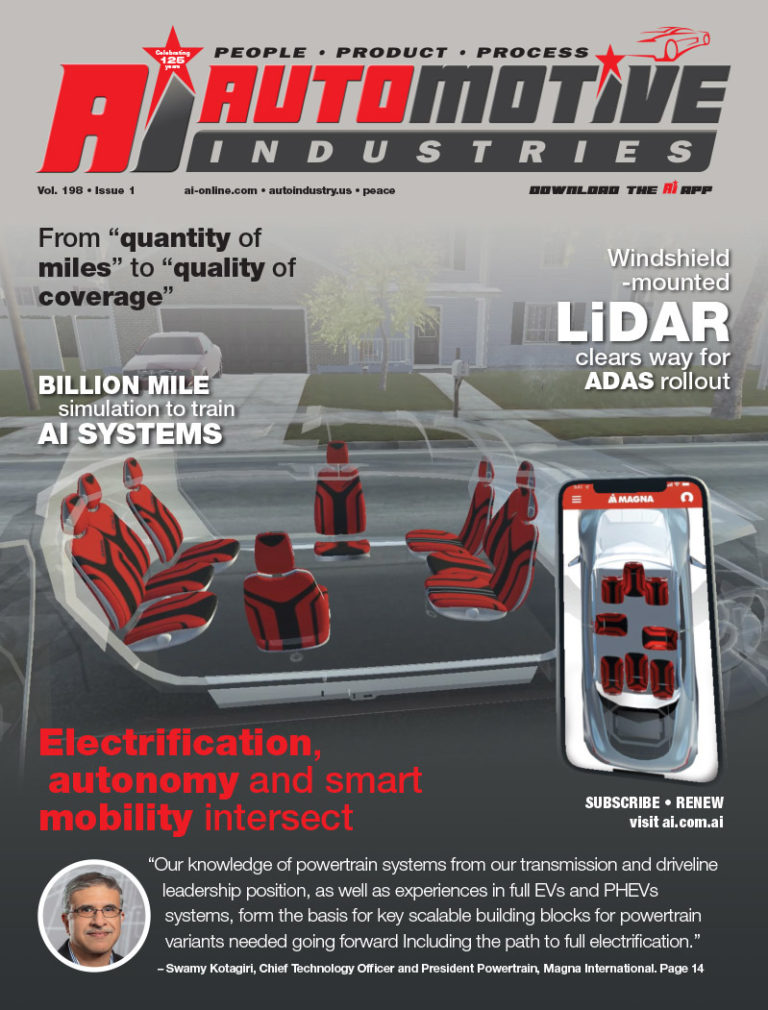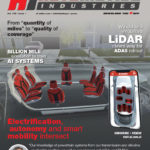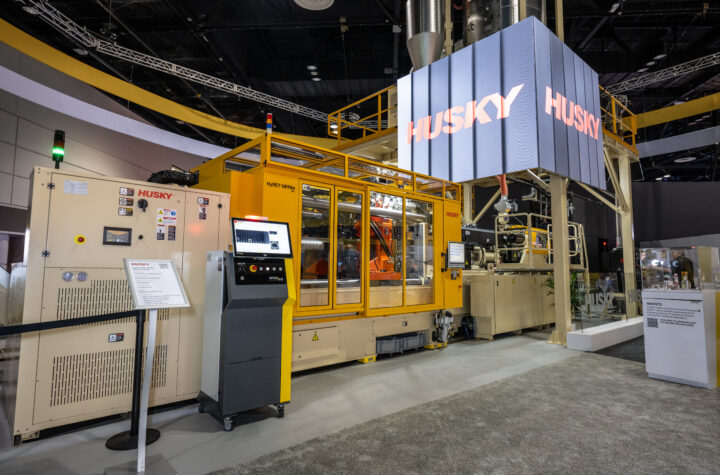Leading U.S. battery and advanced materials companies, with support from one of the country’s largest national laboratories, have formed the National Alliance for Advanced Transportation Battery Cell Manufacture, known as the “Alliance,” to manufacture advanced lithium ion battery cells for transportation applications in the United States. Lithium ion batteries are anticipated to replace gasoline as the principal source of energy in future cars and military vehicles. Today, United States automobile manufacturers and defense contractors depend upon foreign suppliers—increasingly concentrated in Asia—for lithium ion battery cells.
The founding members of the Alliance include 3M, ActaCell, All Cell Technologies, Altair Nanotechnologies, Dontech Global, EaglePicher Corporation, EnerSys, Envia Systems, FMC, MicroSun Technologies, Mobius Power, SiLyte, Superior Graphite, and Townsend Advanced Energy. Additional battery developers and materials suppliers are anticipated to join the Alliance. The U.S. Department of Energy’s Argonne National Laboratory, a national research laboratory and leading developer of new battery technologies, has been active in encouraging the Alliance and will continue to serve in an advisory role as the Alliance begins operations.
The Alliance seeks to develop one or more manufacturing and prototype development centers in the United States, which will be shared by Alliance members. Developing the capability to mass manufacture advanced battery cells is anticipated to require an investment of $1 to 2 billion over five years. Most of that investment is expected to come from the federal government, because lacking current orders for advanced transportation batteries, no U.S.-based battery companies can assume the risk of making such an investment. The Alliance will permit the most efficient use of available government support by having Alliance members share in the use of a large ultra-modern manufacturing facility rather than having to compete for smaller, less ambitious forms of government support.
“A small, fragmented battery industry will not long survive in the face of determined Asian competition,” says Ralph Brodd, a long time consultant to battery manufacturers. “Other countries are investing heavily in the manufacture of lithium ion cells. Those countries understand that whoever makes the batteries will one day make the cars.”
Lithium ion battery cell manufacture is heavily subsidized in many countries. The Alliance hopes to level the playing field.
The Alliance seeks to replicate the success of Sematech, a government supported collaboration of U.S. semiconductor manufacturers formed in the 1980’s to address the increasing migration of semiconductor manufacturing from the United States to Asia. Between 1988 and 1993, Sematech raised $990 million in government grants and private investment to help U.S. manufacturers recapture their lead in semiconductor technology.
Semiconductors and battery cells are both strategic elements of their ultimate end products,” says Sanford L. Kane, one of the founders and a former director of Sematech. “Sematech played a key role in improving manufacturing in the U.S. semiconductor industry, helping the industry revitalize itself, allowing the U.S. computer industry to develop and dominate the world market. Batteries will be to automobiles what semiconductors were to computers.” Mr. Kane has been active in the formation of the Alliance.
The formation of the Alliance marks a turning point for the U.S. battery industry. Alan Elshafei, CEO and founder of Alliance member MicroSun Technologies, states: “For twenty years the United States has sat idly and watched foreign markets become the leaders in lithium-ion technology. I am excited by the prospects of creating this collaberation to concentrate the educational and manufacturing resources within the United States to create safer, more powerful battery cells for our markets. The Alliance represents the beginning of a new technology age in cell development and manufacture.”
U.S. auto makers are expected to play an important role in the Alliance. “U.S. truck and auto makers and representatives of the Department of Defense will be invited to serve on the Alliance’s advisory board,” says Alliance attorney James J. Greenberger of Reed Smith LLP. The advisory board will help the cell makers move towards standardized cell formats that will simplify manufacture and ultimately lower the costs of cells.














































 Automotive Industries interviews Luigi Tramontana, Founder & Head of Research, Craft Animations AB
Automotive Industries interviews Luigi Tramontana, Founder & Head of Research, Craft Animations AB



